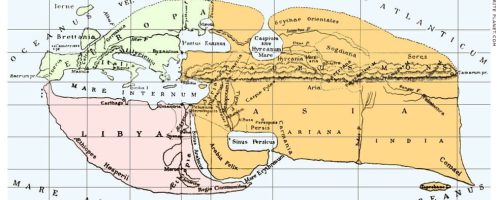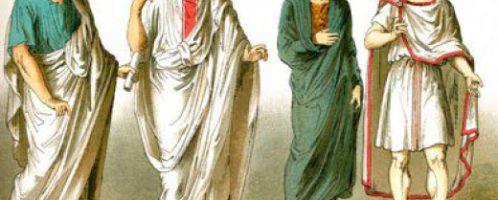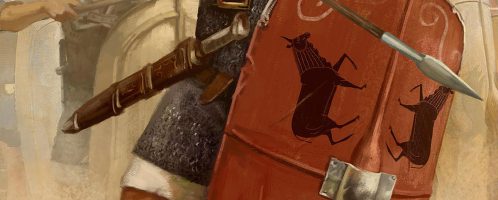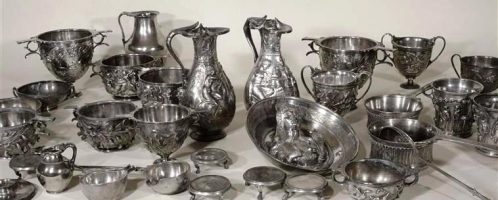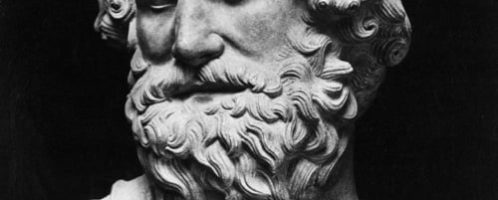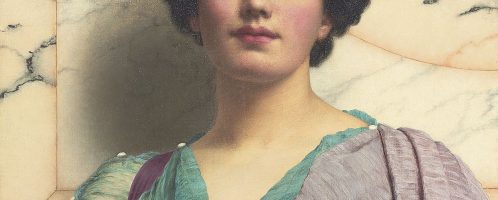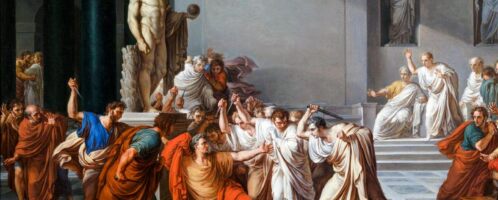Roman sea expeditions
In addition to many land expeditions, the Romans also undertook several sea expeditions in southern directions. Greek scholars did not realize that the African continent stretches south of Libya, they believed that Libya was flowing around the ocean – according to Plutarch, Alexander the Great considered circumnavigating Libya as a shorter alternative to a trip by land from the Indus estuary to Macedonia.

